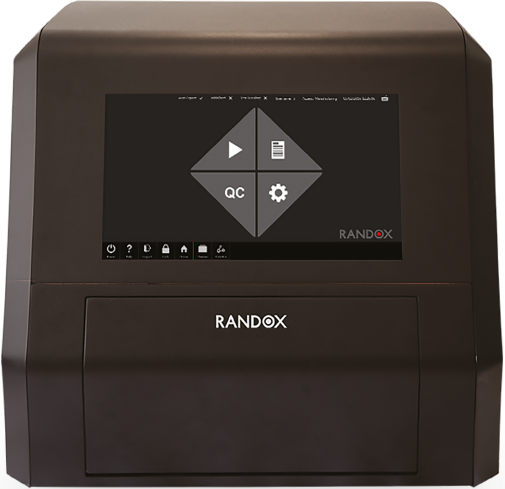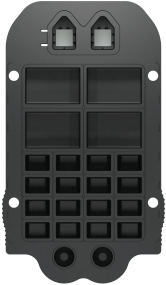Solutions
keyboard_arrow_downServices
keyboard_arrow_downSupport & Resources
keyboard_arrow_downCompany
keyboard_arrow_downContact
Prostate cancer is one of the most commonly diagnosed cancers in men, but standard PSA testing can be limited by its inability to clearly distinguish between prostate cancer and benign conditions such as benign prostate enlargement. Novel forms of the PSA protein — pro-PSA, 2proPSA, and Nicked PSA — may help improve diagnostic accuracy and reduce unnecessary biopsies.
Get in touch to discover more
To find out more about the Novel Biomarkers – Prostate Cancer, enquire now.
Pro-PSA
Pro-prostate specific antigen (pro-PSA) is an inactive precursor of the PSA protein. While total PSA levels can be elevated in both cancerous and non-cancerous prostate conditions, pro-PSA has shown stronger associations with prostate cancer. Higher levels of pro-PSA in the blood may indicate a greater likelihood of prostate cancer being present, especially when interpreted alongside total PSA and clinical risk factors such as age and family history.
Research suggests pro-PSA could play a key role in stratifying patients at risk of prostate cancer and improve decision-making around further investigations or biopsy.
2proPSA
2proPSA is a specific form of the pro-PSA protein that is particularly relevant for prostate cancer detection. It is a truncated, inactive molecule that accumulates in cancerous regions of the prostate and is found at higher levels in the tissue and blood of men with prostate cancer.
Studies have shown that 2proPSA can help differentiate between prostate cancer and benign conditions more effectively than total PSA alone. It may be especially useful when combined with other PSA derivatives in risk-scoring models such as the Prostate Health Index (PHI).
Nicked PSA
Nicked PSA, also referred to as benign PSA, is an inactive form of the PSA protein commonly associated with benign prostate enlargement rather than cancer. It results from structural changes to the PSA protein that impair its activity.
Unlike pro-PSA and 2proPSA, elevated levels of nicked PSA are more commonly found in men with non-cancerous prostate conditions, making it a potentially useful marker to help rule out prostate cancer and avoid unnecessary procedures.
Biochip Array Technology
Randox have demonstrated novel serum combination of 4 biomarkers significantly improved the predictive potential of tPSA alone to identify patients with prostate cancer.
Randox biochip technology further enables precise measurement of single PSA variants, providing valuable insights that could help distinguish between prostate cancer and benign conditions.
- Pro-PSA
- 2proPSA
- Nicked PSA
- EGF
- MCP-1
- IL-8
- tPSA
The Evidence MultiSTAT

The Evidence MultiSTAT is an easy to use, small footprint analyser facilitating on-site simultaneous detection of multiple biomarkers.
Using chemiluminescence as a measurement principle, the Evidence MultiSTAT consistently delivers accurate results.
With minimal sample preparation required, this versatile benchtop analyser can achieve accurate, quantitative results in minutes.

MultiSTAT Cartridge
The Evidence MultiSTAT cartridge contains the reagents required for the chemiluminescent reaction to take place incorporated into its wells.
The process from sample entry to results can be completed in 2 simple steps, with minimal risk of human error.
No other components are required.


